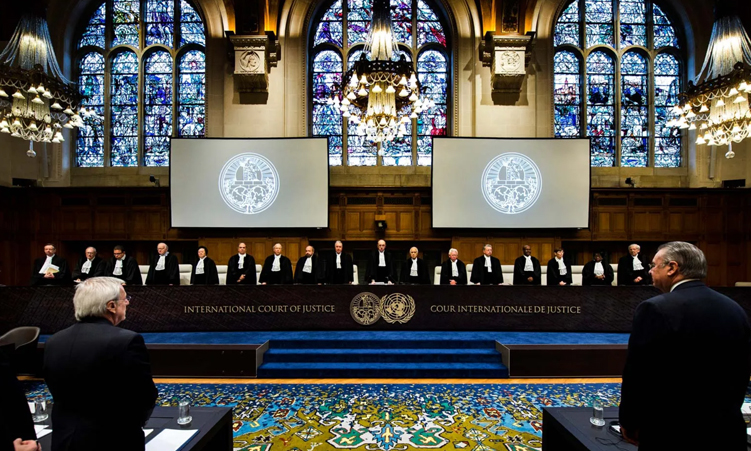The International Court of Justice (ICJ) is composed of 15 judges appointed for nine-year terms through separate, simultaneous elections at the United Nations General Assembly (Unga) and the UN Security Council.
Any country can propose candidates, but no two judges must come from one country.
At the moment, the bench includes judges from all parts of the world, including France, Slovakia, Somalia and India.
To appoint a president and vice president, the judges hold a secret ballot.
President Joan Donoghue of the United States leads the ICJ presently alongside vice president Kirill Gevorgian of Russia.
Both of their terms expire in February.
ICJ judges ought to be impartial and not act as extensions of their countries.
In the past though, judges have voted in line with their countries’ politics.
In 2022, when the bench voted in favour of the decision to order Russia out of Ukraine, judges from Russia and China were the only two who voted against the decision.
Still, that’s the exception, says Michael Becker of Trinity College of Dublin, also a former ICJ staffer.
“I would reject the idea that states have influence on decisions. ICJ judges are independent actors,” he says.
Israel and South Africa can appoint one ‘ad hoc’ judge each to join the bench, since neither is represented.
Aharon Barak, a former supreme court chief justice and Holocaust survivor, is Israel’s choice.
Barak was accused of ‘legitimising’ Israeli occupation of Palestine during his stint at the top court.
South Africa has appointed Dikgang Moseneke, a former deputy chief justice.
At the preliminaries this week, the ICJ will determine if it has jurisdiction in the case at all.
Typically, jurisdiction is established when the states involved affirm that they recognise the court’s power, or if the countries are party to a treaty.
South Africa and Israel are parties to the Genocide Convention, drawn up in 1948 after the Holocaust, and thus subject to the ICJ’s interpretations of it.
It should be straightforward, but it is too early to say if Israel will dispute the ICJ’s jurisdiction in this case, just like Russia has done in its case with Ukraine – despite Moscow being a party to the Genocide Convention.
Losing parties tend to pull that argument as a last resort, Becker says. It is hard to predict how the judges will vote or what form a sentence could take.
But if the majority finds Israel to be in violation of international law at the end of the months of deliberations, Tel Aviv would be obliged to do as the ICJ decides.
ICJ judgements are legally binding and cannot be appealed.
One issue though: The court has no real enforcement power.
That could be a problem for South Africa.
“There’s a real risk that an adverse judgement does not generate compliance,” Becker says.
If Israel does not comply, South Africa can approach the UN Security Council (UNSC) for enforcement.
But there, the United States (US), Israel’s number one backer, has veto power as a permanent member.
Washington could shield Israel from punishment, as it has done multiple times in this war.
Since 1945, the US has vetoed 34 out of 36 UNSC draft resolutions related to the Israel-Palestine conflict.
“This is one of the reasons why it’s important to think less about the judgement issued by the ICJ and more about the process itself,” says Mai El-Sadany, the director of Washington-based Tahrir Institute for Middle East Policy.
The case in itself, she says, could be more useful in putting more international pressure on Israel to stop the war.
“[It] can have significant impacts for accountability in a different form, whether documenting the experiences of victims, naming and shaming perpetrators, or setting an international precedent,” she has told Al Jazeera. – Al Jazeera
Stay informed with The Namibian – your source for credible journalism. Get in-depth reporting and opinions for
only N$85 a month. Invest in journalism, invest in democracy –
Subscribe Now!






